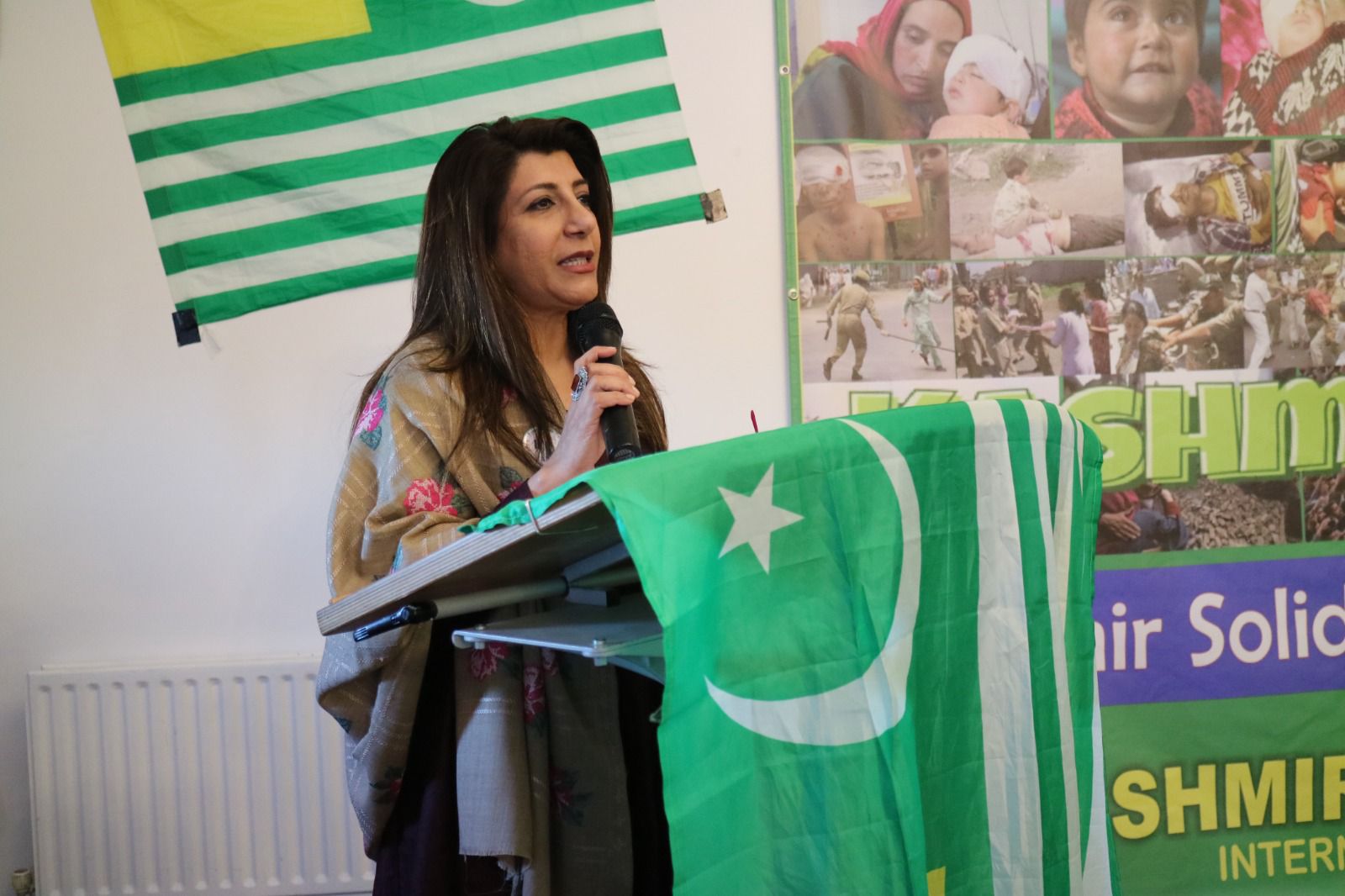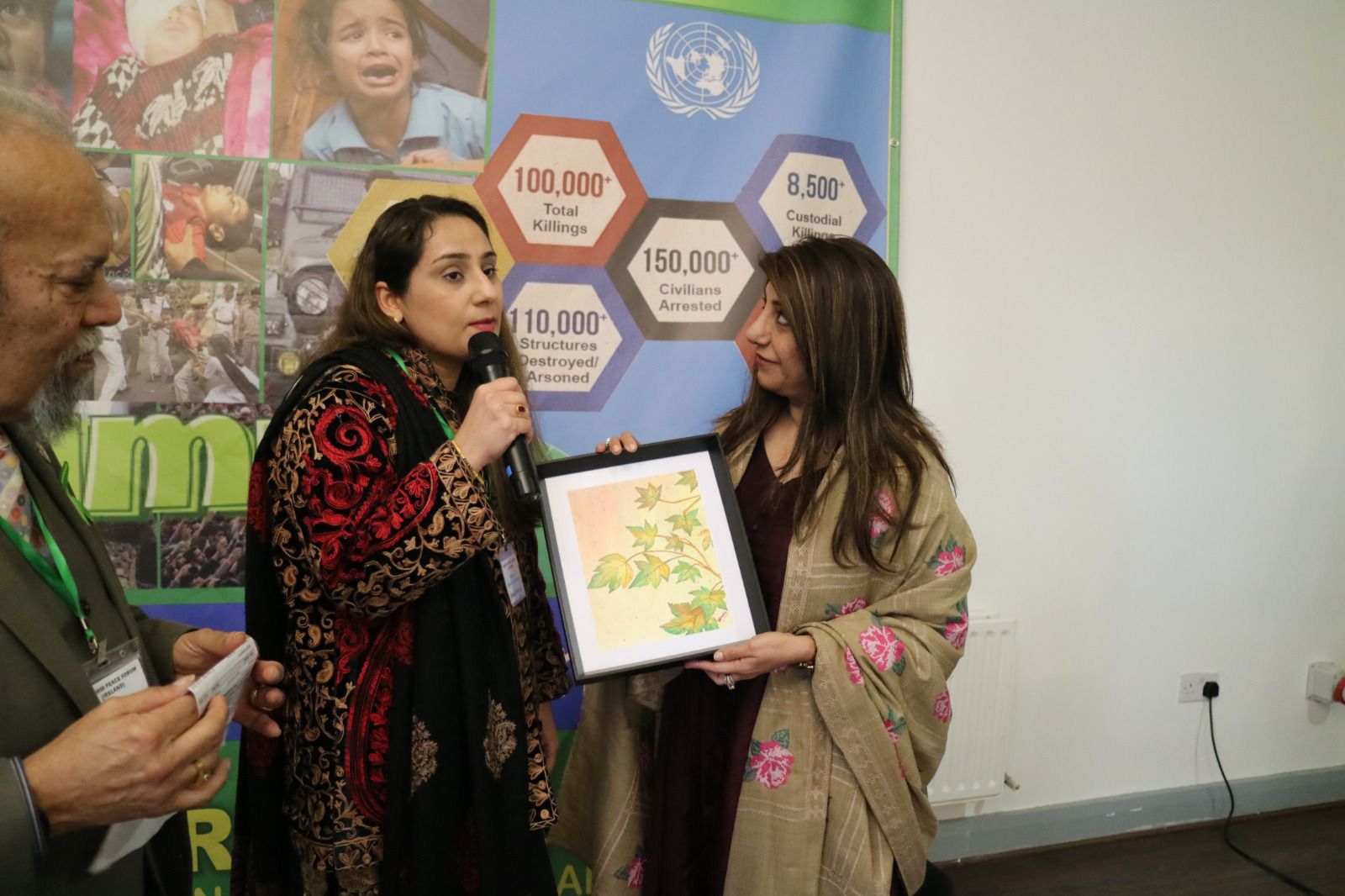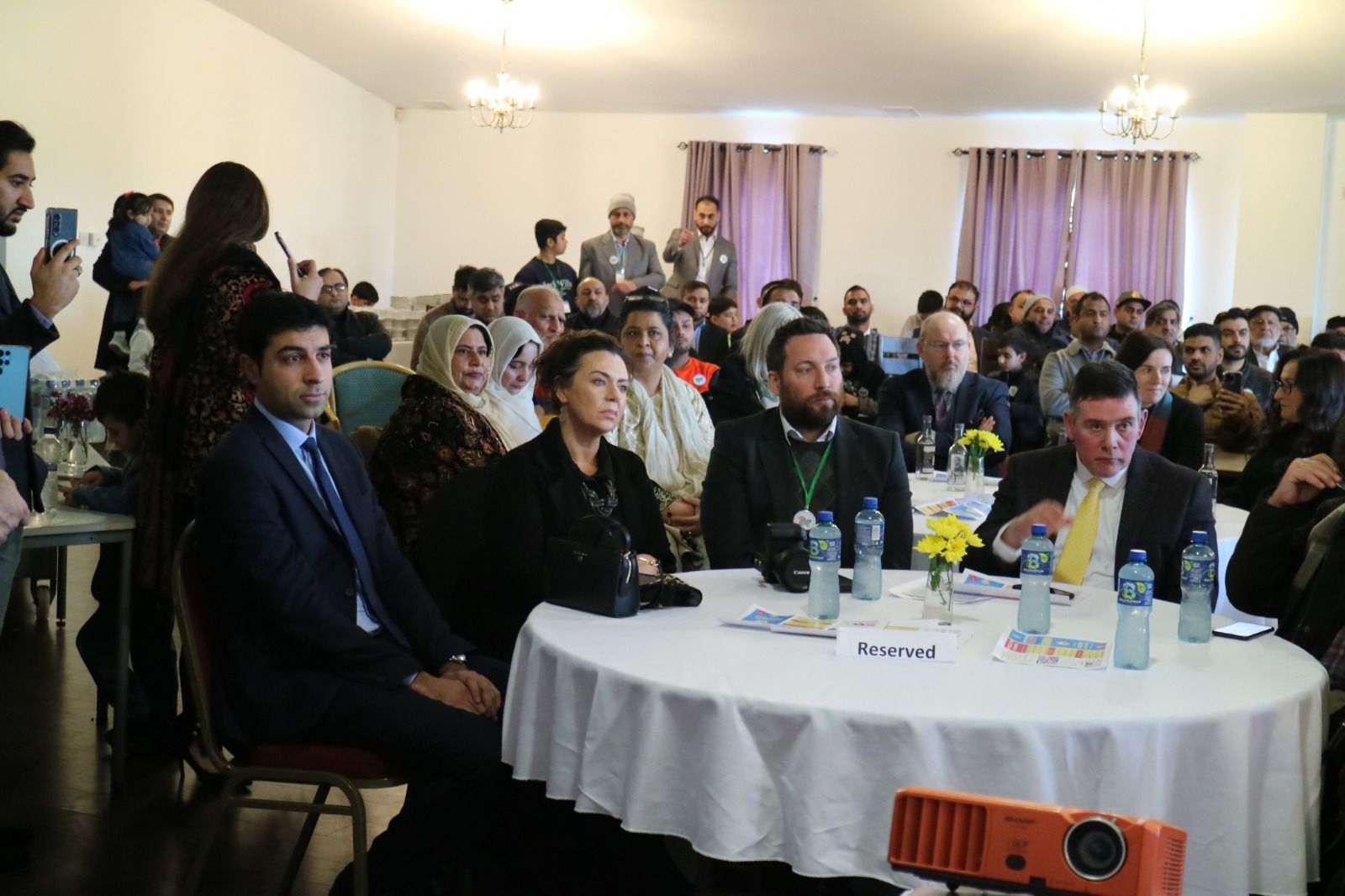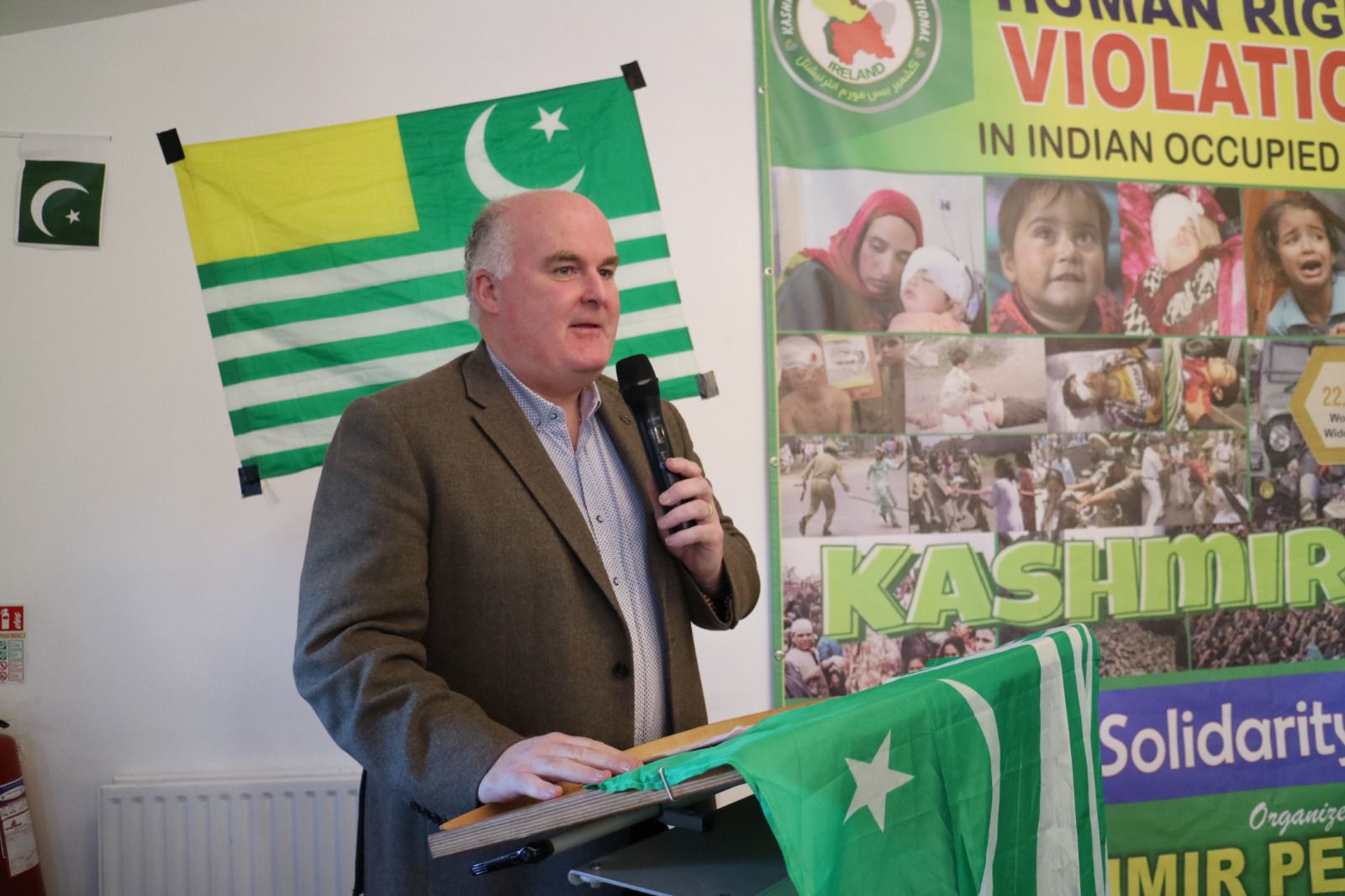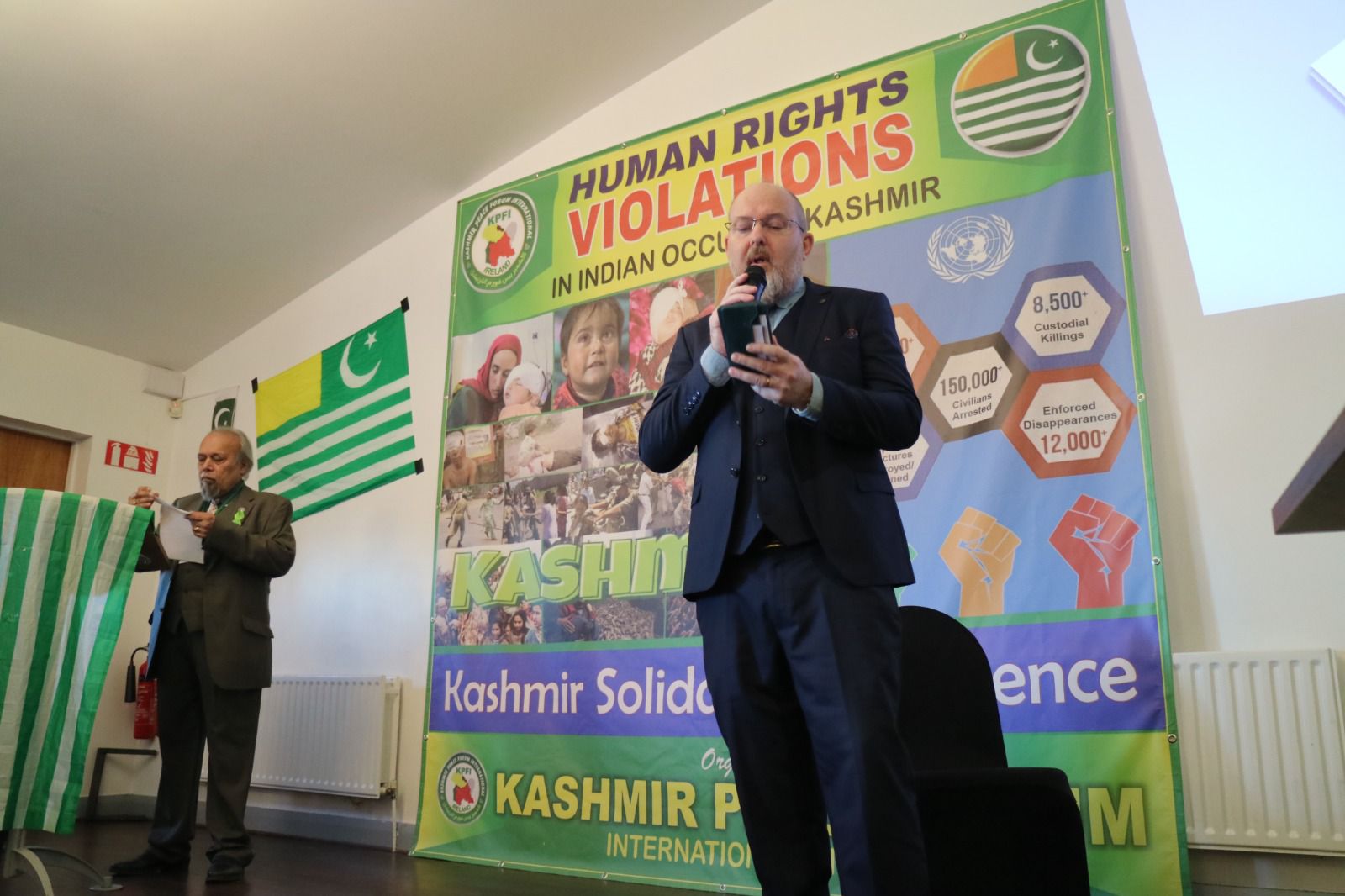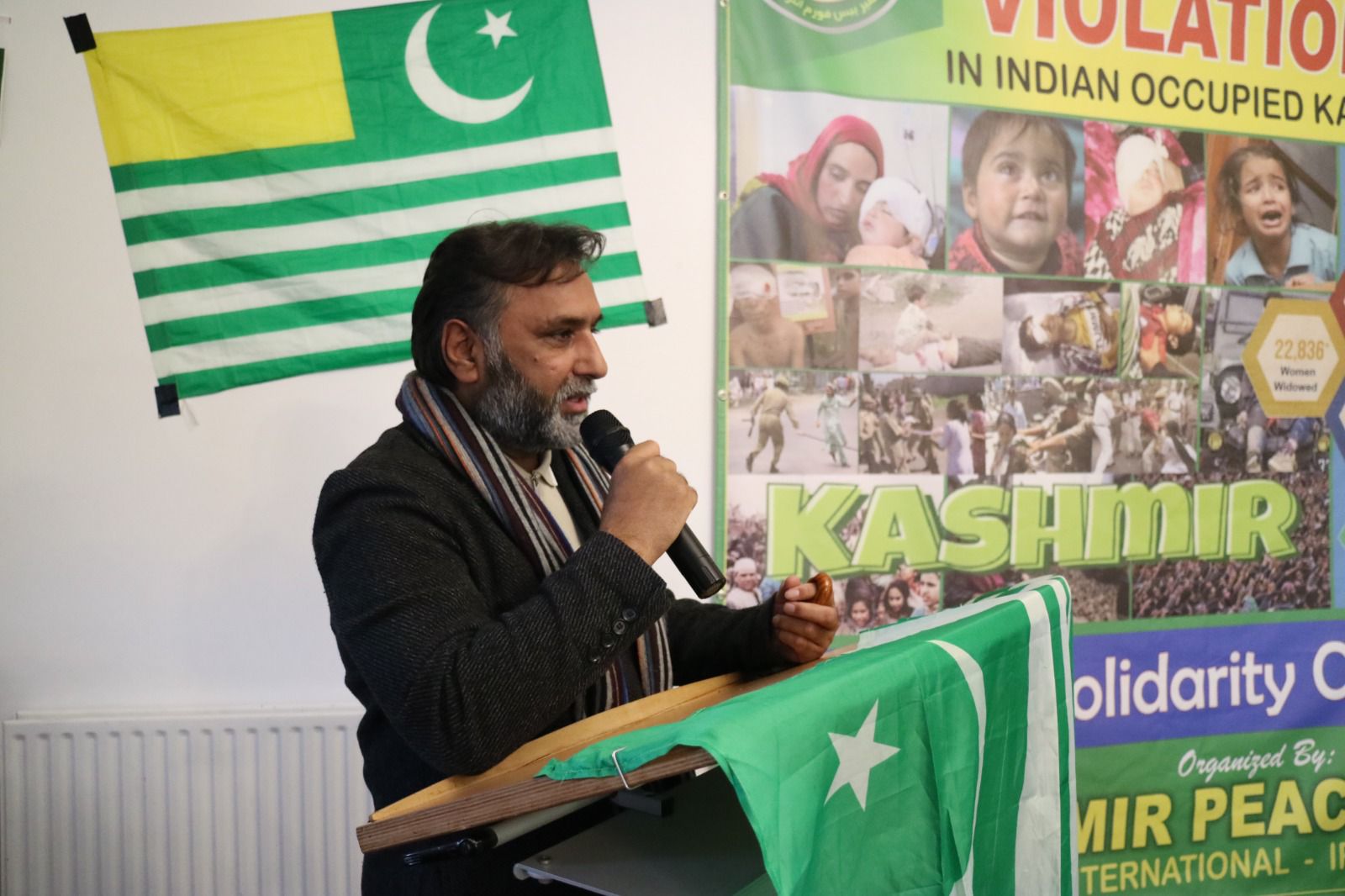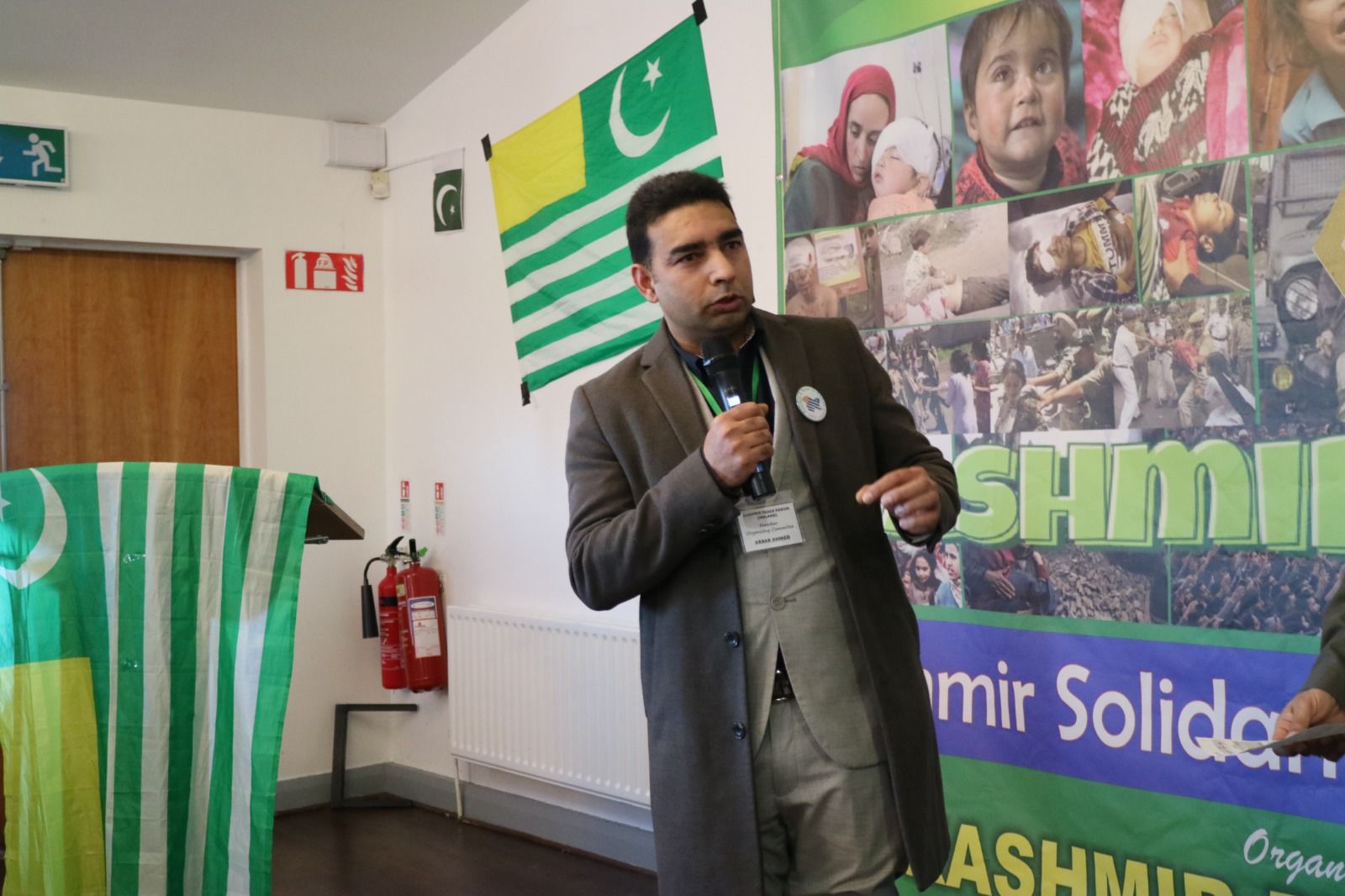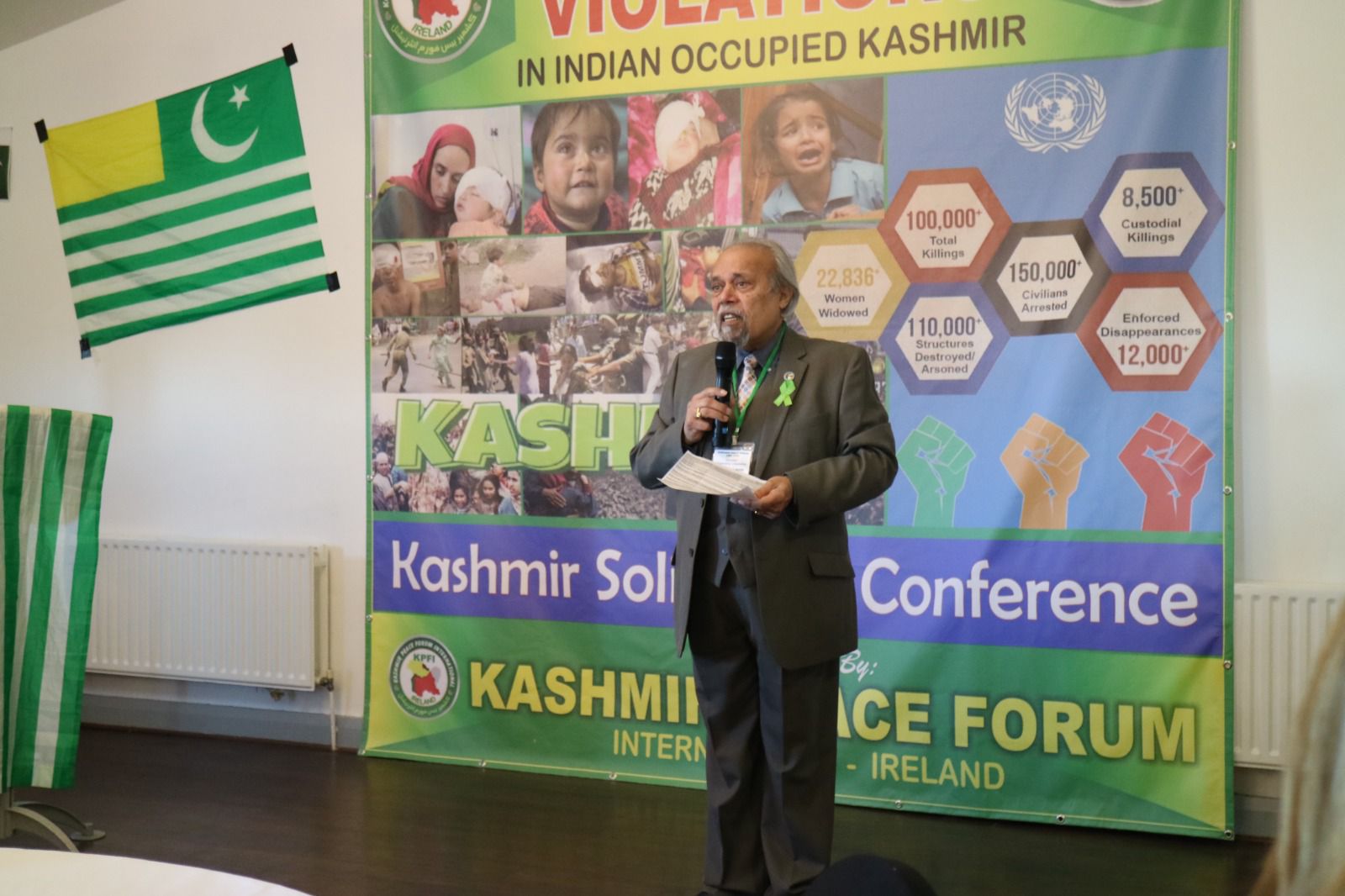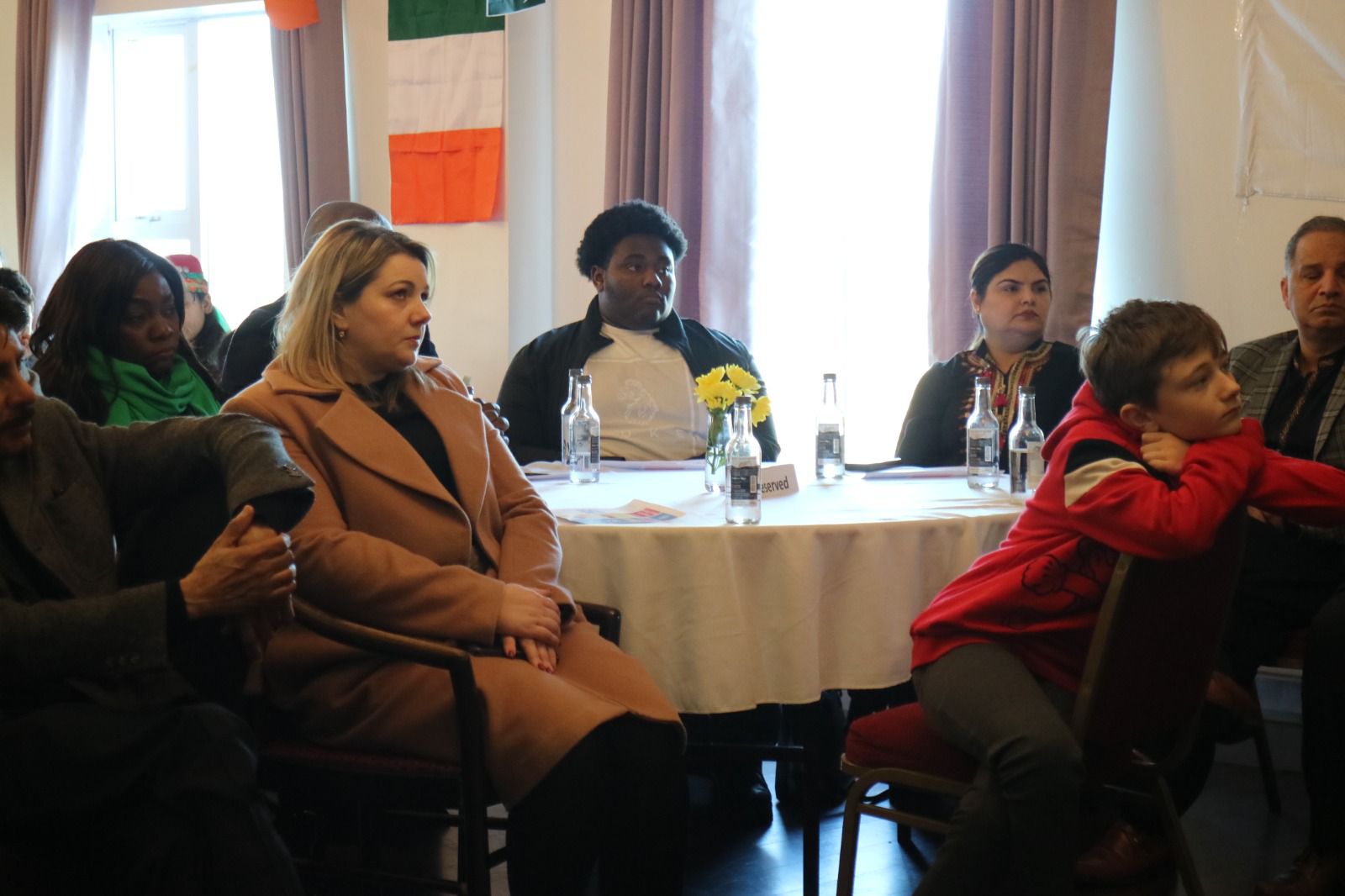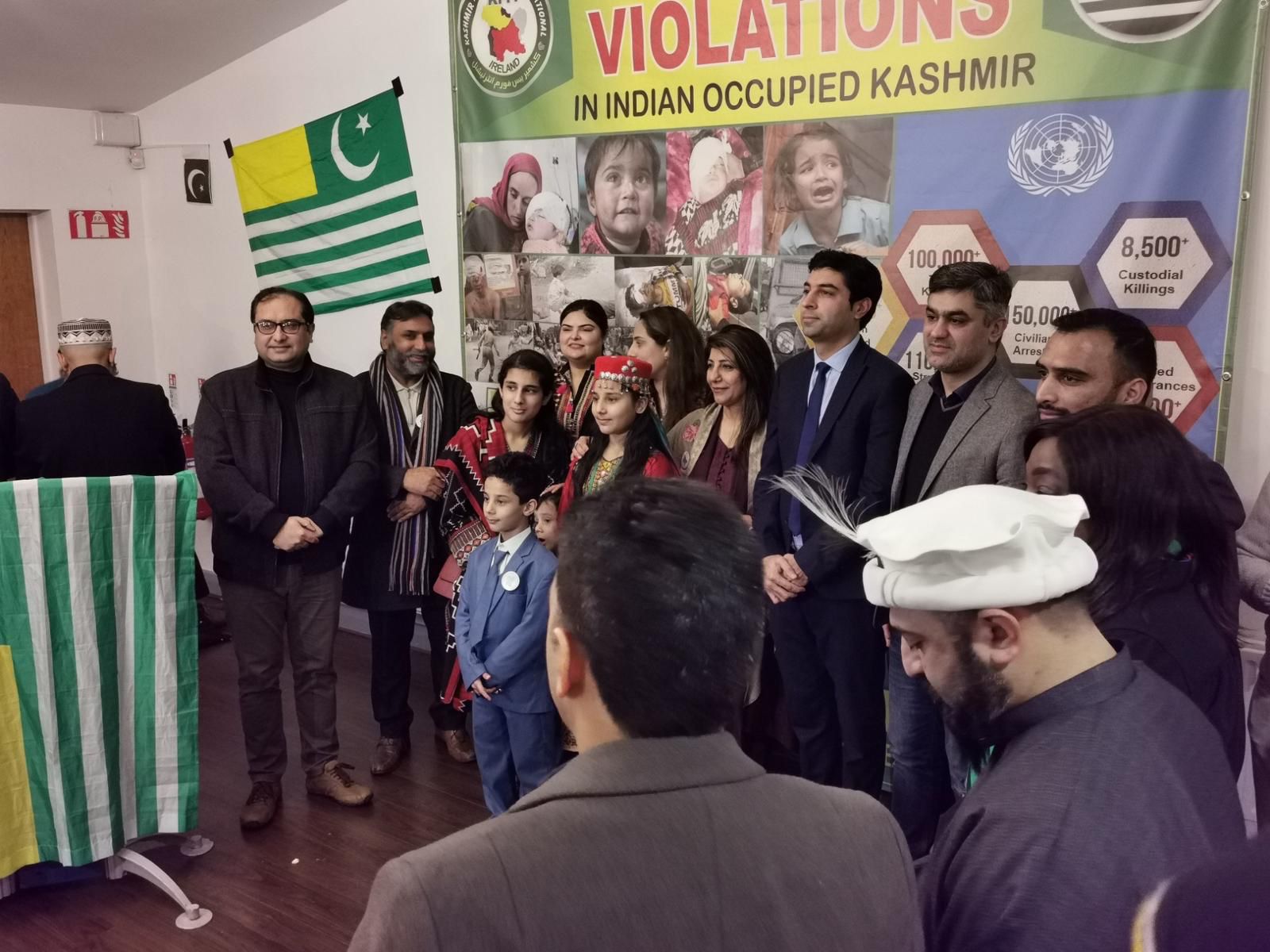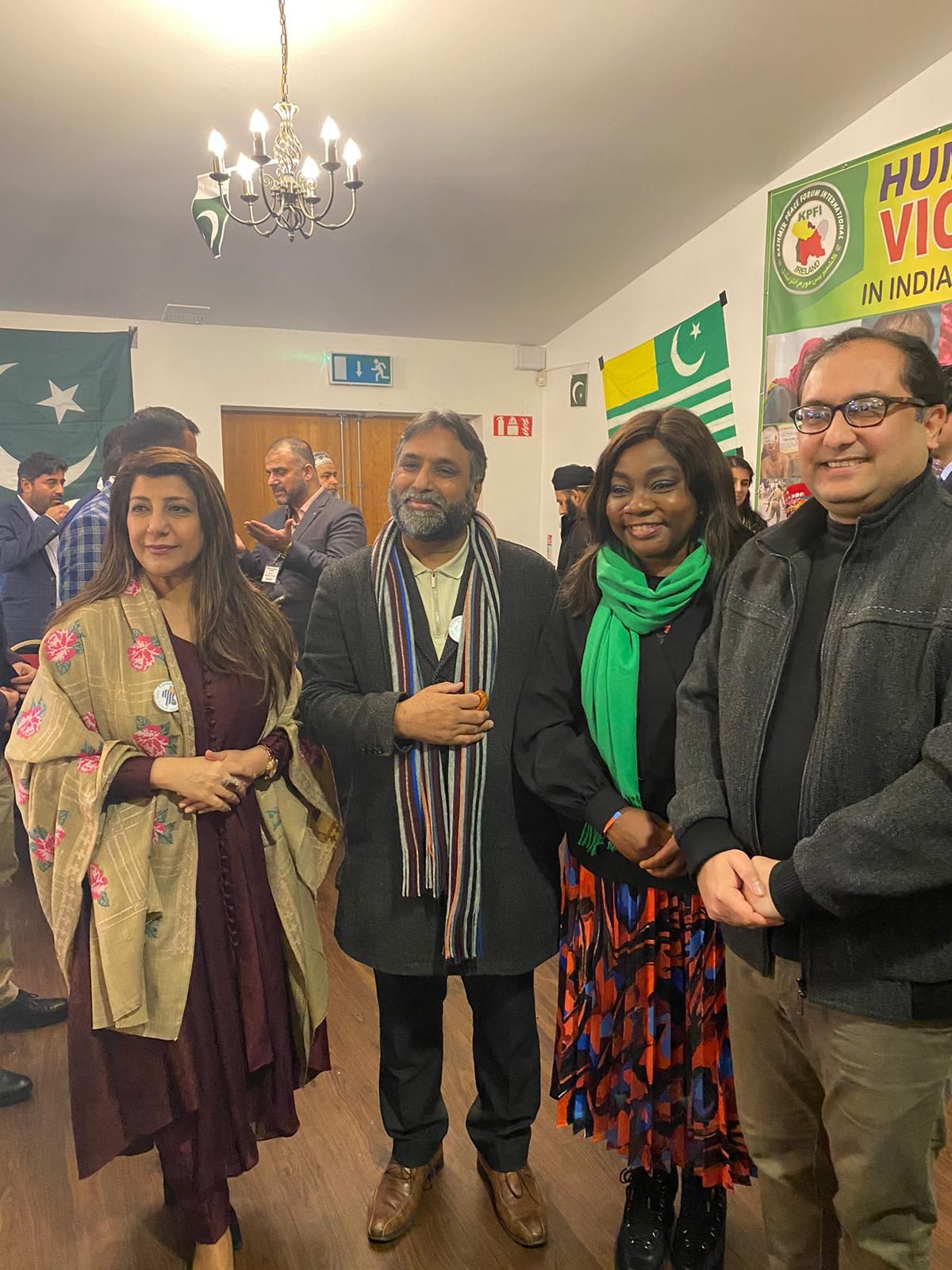April, 2023
now browsing by month
History of Kashmir Conflict, implications and solution
The Kashmir conflict is a long-standing dispute between India and Pakistan over the region of Kashmir, which has been ongoing since the end of British colonial rule in 1947.
Brief history: At the time of independence, Kashmir was ruled by a Hindu Maharaja, while the majority of its population was Muslim. The Maharaja initially wanted to remain independent, but after facing rebellion and invasion from both India and Pakistan, India propelled him to accede India. He signed the document of accession which was rejected by Pakistan and International organisations. Pakistan, however, claimed the territory based on its Muslim majority population and rejected the accession to India. This led to the first Indo-Pakistani war in 1947-48, after which India retained control over the majority of the territory.
Since then, the Kashmir conflict has resulted in three more wars between India and Pakistan, as well as several smaller conflicts and ongoing violence in the region. The conflict has also led to the development of nuclear weapons in both countries, raising concerns about regional and global security.
Implications: The Kashmir conflict has had far-reaching implications, including the displacement of hundreds of thousands of people, human rights abuses, and ongoing violence. It has also strained relations between India and Pakistan, leading to a lack of trust and cooperation on other issues. The conflict has also had a negative impact on the economic and social development of the region, hindering progress towards peace and stability.
Solutions: Several solutions have been proposed over the years, including a referendum to allow the people of Kashmir to decide their own future, increased autonomy for the region, and a bilateral agreement between India and Pakistan. However, no lasting solution has been reached, and the conflict remains unresolved.
The key to finding a solution to the Kashmir conflict lies in engaging in dialogue and negotiations between India and Pakistan, as well as involving the people of Kashmir in the process. A peaceful resolution to the conflict would require a willingness on both sides to compromise and work towards a mutually acceptable solution.
Mission
“Our organization is committed to working towards the freedom of Kashmir from India by promoting human rights, peaceful protests, and raising awareness about the plight of the Kashmiri people. We value non-violent means, respect for diversity, and promoting unity among the Kashmiri people. Our mission is to create a just and peaceful society where the people of Kashmir can live with dignity and freedom.”
